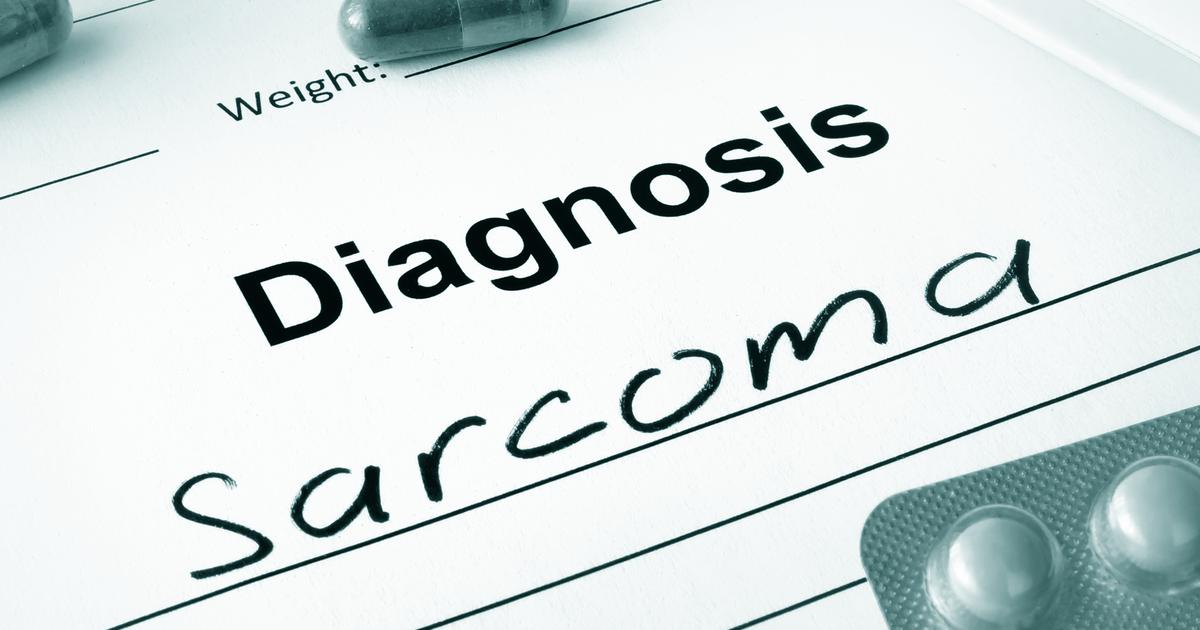Most Common Types Of Cancer Found In Li-Fraumeni Syndrome
Li-Fraumeni syndrome is a disorder that causes an individual's risk of developing certain types of cancers to be significantly greater than the general population. Specific mutations an affected individual inherits from their parents are implicated in the development of Li-Fraumeni syndrome. The mutations that cause Li-Fraumeni syndrome occur on the TP53 gene and CHEK2, which are both tumor suppressor genes.
The average chance of a Li-Fraumeni syndrome patient to develop any form of cancer is ninety percent. Around half of all cancers that develop in these patients are diagnosed before the third decade of life. There is no cure for Li-Fraumeni syndrome and no symptoms aside from the increased development of cancer. Treatment is based around diligent screening protocols that increase the chances of early detection of cancer.
Soft-Tissue Sarcoma

Soft-tissue sarcoma is a form of cancer that originates in the connective tissues. The connective tissues include those that attach, surround, and support other structures in the body. The lining of the joints, fat, nerves, tendons, muscle, and blood vessels are all considered connective tissues. Over half of all Li-Fraumeni precipitated soft-tissue sarcomas develop in a patient's legs and arms. Only thirty-three percent of soft-tissue sarcomas originate in an affected individual's trunk.
Around twenty different forms of soft-tissue sarcomas have been identified. Some of the most common types of soft-tissue sarcoma that occur in individuals with Li-Fraumeni syndrome include rhabdomyosarcoma, liposarcoma, synovial sarcoma, angiosarcoma, leiomyosarcoma, and fibrosarcoma. Symptoms of a soft-tissue sarcoma include an abnormal lump in the body, problems with urinating, constipation, headache, nausea, a painful joint, or bulging eye.
